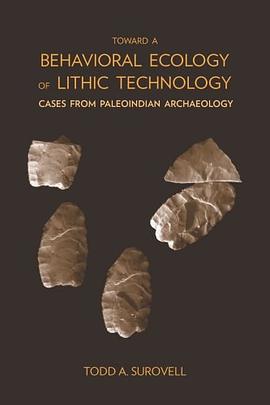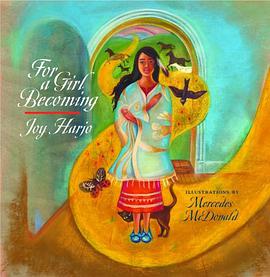

具体描述
Badmen, Bandits, and Folk Heroes is a comparative study of the literary and cinematic representation of Mexican American masculine identity from early twentieth-century adventure stories and movie Westerns through contemporary self-representations by Chicano/a writers and filmmakers. In this deeply compelling book, Juan J. Alonzo proposes a reconsideration of the early stereotypical depictions of Mexicans in fiction and film: rather than viewing stereotypes as unrelentingly negative, Alonzo presents them as part of a complex apparatus of identification and disavowal. Furthermore, Alonzo reassesses Chicano/a self-representation in literature and film, and argues that the Chicano/a expression of identity is characterized less by essentialism than by an acknowldgement of the contingent status of present-day identity formations. Alonzo opens his provocative study with a fresh look at the adventure stories of Stephen Crane and the silent Western movies of D. W. Griffith. He also investigates the conflation of the greaser, the bandit, and the Mexican revolutionary into one villainous figure in early Western movies and, more broadly, traces the development of the badman in Westerns. He newly interrogates the writings of AmA(c)rico Paredes regarding the makeup of Mexican masculinity, and productively trains his analytic eye on the recent films of Jim Mendiola and the contemporary poetry of Evangelina Vigil. Throughout Badmen, Bandits, and Folk Heroes, Alonzo convincingly demonstrates how fiction and films that formerly appeared one-dimensional in their treatment of Mexicans and Mexican Americans actually offer surprisingly multifarious and ambivalent representations. At the same time, his valuation of indeterminacy, contingency, and hybridity in contemporary cultural production creates new possibilities for understanding identity formation.
作者简介
目录信息
读后感
评分
评分
评分
评分
用户评价
相关图书
本站所有内容均为互联网搜索引擎提供的公开搜索信息,本站不存储任何数据与内容,任何内容与数据均与本站无关,如有需要请联系相关搜索引擎包括但不限于百度,google,bing,sogou 等
© 2026 book.quotespace.org All Rights Reserved. 小美书屋 版权所有




















